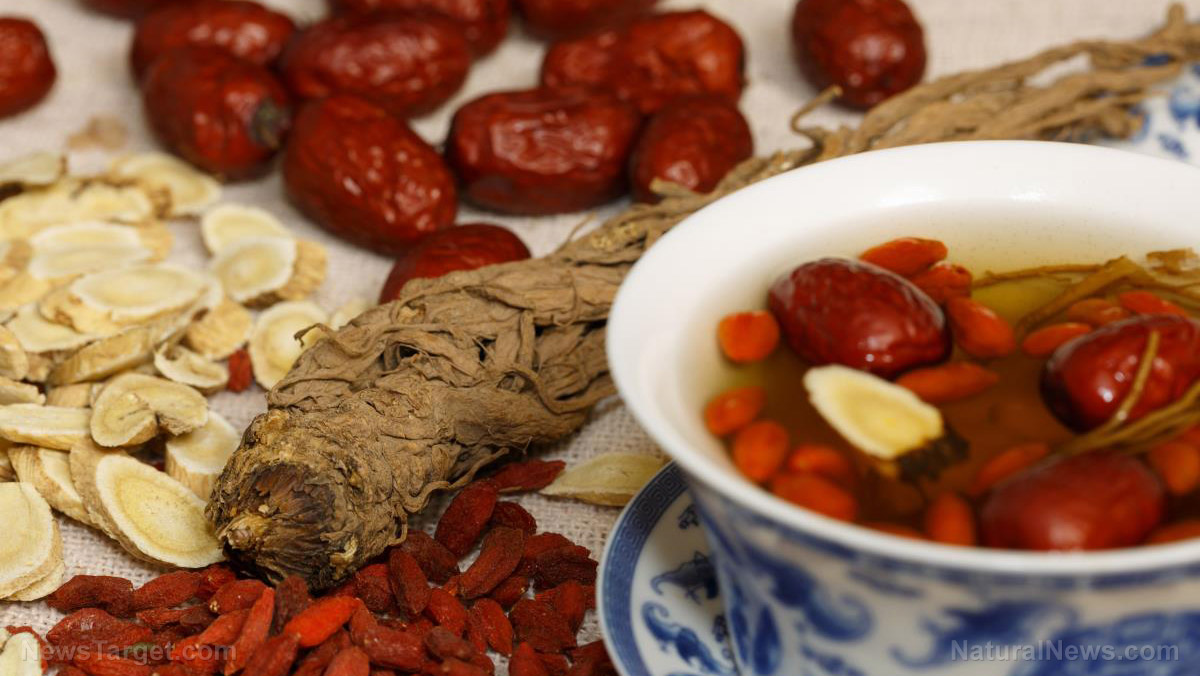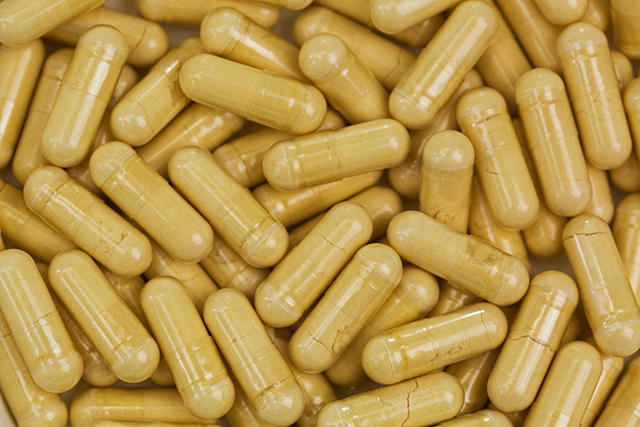Bupleurum polysaccharides inhibit renal inflammation and fibrotic process
09/24/2020 / By Evangelyn Rodriguez

Researchers at Fudan University in Shanghai investigated the effects of Bupleurum polysaccharides isolated from Bupleurum smithii, an herb used in Traditional Chinese Medicine (TCM), on diabetic kidney injury. They reported their findings in an article published in the Chinese Journal of Natural Medicines.
- For their experiment, the researchers first induced diabetes and renal injury in mice using streptozotozin (STZ).
- They then administered 30 or 60 mg/kg BP orally to the animals per day.
- The researchers reported that the mice injected with STZ had impaired renal function, renal inflammation and fibrosis — all of which constituted diabetic kidney disease.
- Treatment with BP reduced the animals’ serum creatinine levels and urinary albumin excretion rate as well as attenuated the swelling of their kidneys.
- BP treatment also alleviated the pathological damage caused by STZ on renal tissue.
- The researchers also found that BP inhibited the progression of renal injury by reducing the expression of type IV collagen (Col IV), fibronectin (FN) and a-smooth muscle actin (a-SMA).
- They associated the inhibition of kidney inflammation with reduced levels of tumor necrosis factor-a (TNF-a) and interleukin-6 (IL-6).
- BP treatment also suppressed the over-expression of toll-like receptor 4 (TLR4) and high-mobility group box 1 (HMGB1) and decreased the activity of nuclear factor kappa B (NF-kB) in the renal tissue of diabetic mice.
- These altogether suggest that BP exert their protective effects against renal injury by interfering with the HMGB1-TLR4 pathway, thereby suppressing renal inflammation and fibrosis.
Based on these findings, the researchers concluded that oral administration of Bupleurum polysaccharides can prevent renal injury caused by diabetes.
Journal Reference:
Liu Z-Z, Weng HB, Zhang LJ, Pan LY, Sun W, Chen HX, Chen MY, Zeng T, Zhang YY, Chen DF, et al. BUPLEURUM POLYSACCHARIDES AMELIORATED RENAL INJURY IN DIABETIC MICE ASSOCIATED WITH SUPPRESSION OF HMGB1-TLR4 SIGNALING. Chinese Journal of Natural Medicines. September 2019;17(9):641–649. DOI: 10.1016/s1875-5364(19)30078-0
Tagged Under: alternative medicine, Chinese medicine, diabetes complication, Diabetic kidney disease, herbal medicine, Herbs, kidney damage, kidney health, natural cures, natural medicine, phytonutrients, prevention, remedies, research



















